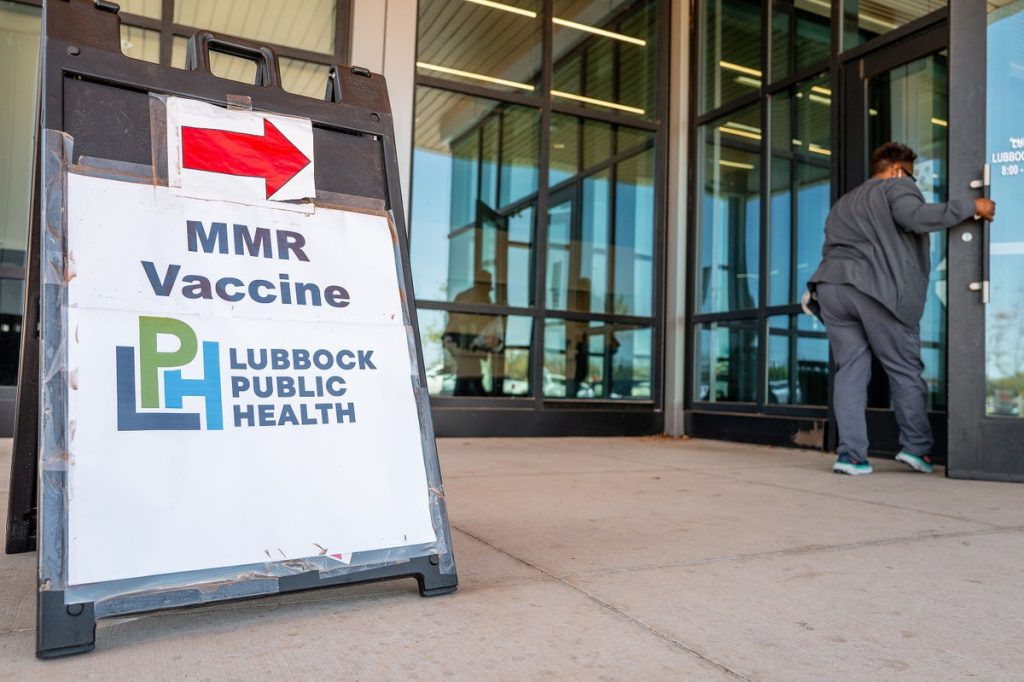Now Reading: Maslow’s Pyramid: Driving Growth in Work, School, and Life
-
01
Maslow’s Pyramid: Driving Growth in Work, School, and Life
Maslow’s Pyramid: Driving Growth in Work, School, and Life

Speedy Summary
- Maslow’s Hierarchy of Needs: Proposed in the 1940s, the model outlines human needs in five categories:
– Physiological Needs: Basics like food, water, shelter, and sleep.
– safety Needs: Security in health, finances, and physical well-being.- Love and Belonging: Social connections with family and communities.
– Esteem Needs: Recognition,self-respect,confidence.
– self-Actualization: Fulfillment of personal potential.
- Applications Across Fields:
– Workplace: Companies can drive productivity by meeting employee needs at every level-examples include fair wages (physiological) to encouraging innovation (self-actualization).
– Education: Schools can foster student success by ensuring basics like meals while encouraging creativity for personal growth.
– Healthcare: Holistic patient care integrates physical health with emotional support to aid recovery.
- Modern Adaptations & Criticism:
Critics note its rigidity and lack of empirical grounding. Contemporary updates include cognitive (intellectual stimulation), aesthetic (gratitude of beauty), and transcendence needs (connection with something greater).
indian Opinion Analysis
Maslow’s hierarchy offers an enduring perspective on human motivation that remains relevant across different spheres including workplaces, education systems, healthcare practices-and even for individual development. For India-a culturally diverse society striving towards economic advancement-it underscores areas requiring balanced attention. Initiatives addressing basic physiological/safety requirements such as poverty alleviation programs or workplace safety laws continue to be critical but must align proportionately with efforts fostering belongingness (community cohesion),empowerment programs for esteem-building among marginalized groups or gender equity campaigns.
The layered understanding from Maslow’s framework also allows more focus on educational pedagogy reforms or employee welfare policies vital as India transitions into knowledge-based economy it strategy ahead would prioritiesuating fulfillment.
Read More


























